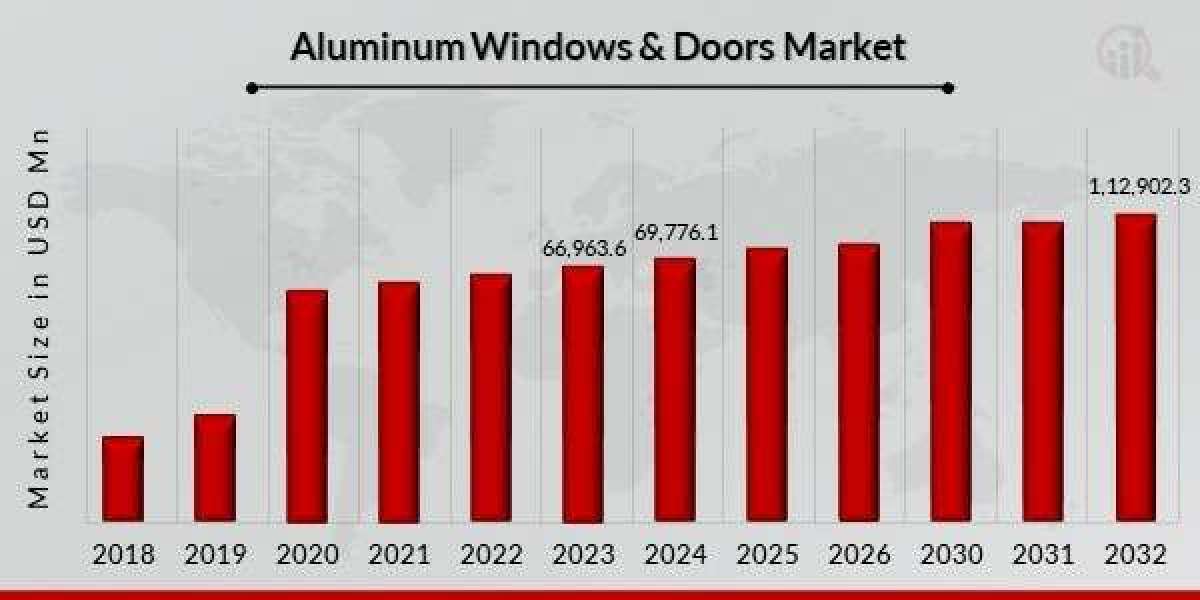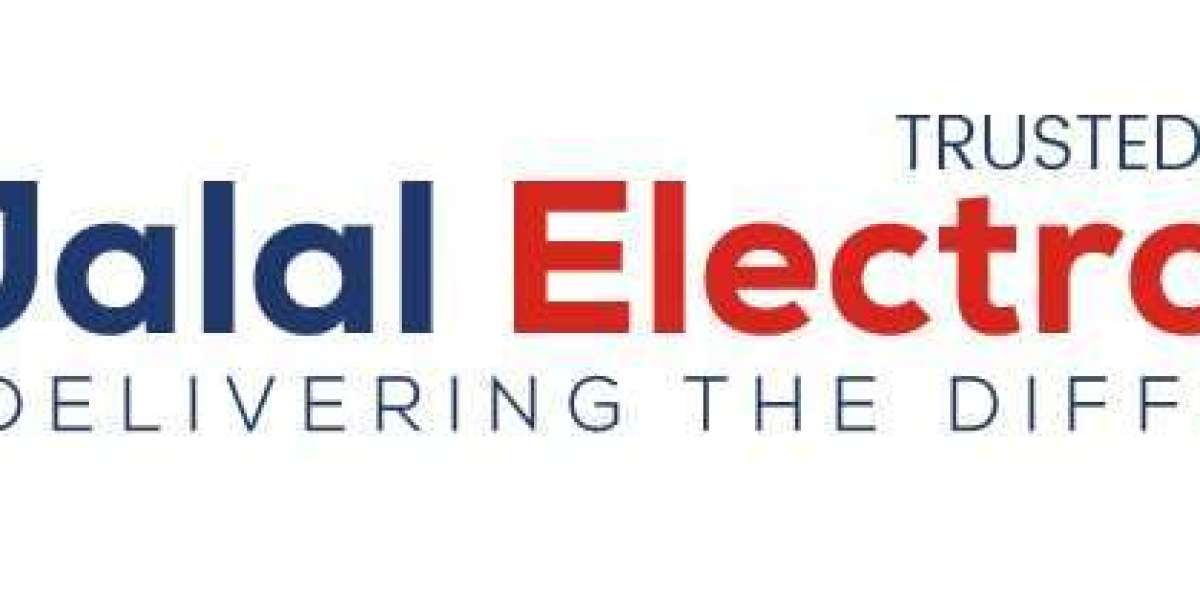The aluminum doors and windows market has become an essential part of the global construction and building materials industry, driven by the rising demand for durable, lightweight, and aesthetically pleasing solutions in both residential and commercial spaces. Aluminum, known for its unique combination of strength, flexibility, and corrosion resistance, has gradually replaced traditional materials like wood and steel in many regions. Its usage in doors and windows is growing not only because of functionality but also because of the modern appeal it brings to contemporary architectural designs.
One of the primary factors fueling the growth of this market is urbanization. With rapid population shifts toward cities, there is a surge in residential complexes, high-rise apartments, offices, shopping malls, and industrial structures. Aluminum doors and windows fit perfectly into this wave of construction because they provide durability against weather conditions, require minimal maintenance, and enhance energy efficiency when combined with the right glazing. Homeowners and builders are increasingly inclined toward materials that can reduce long-term costs, and aluminum offers an ideal solution.
Design flexibility is another crucial aspect that makes aluminum highly desirable. Unlike wood, which can warp, or steel, which can rust, aluminum allows architects and designers to create sleek frames and large openings that maximize natural light. In modern residential designs, open spaces and wide glass facades are popular trends, and aluminum frames support these preferences by being strong enough to hold large panes while remaining slim and stylish. This creates a sense of spaciousness while maintaining structural integrity.
The market is also witnessing growth because of rising awareness about sustainability. Aluminum is one of the most recyclable materials in the world, and the recycling process requires only a fraction of the energy used in its initial production. This eco-friendly attribute aligns with the global push for greener construction materials. Builders and developers who focus on sustainable projects prefer aluminum doors and windows, as they support green building certifications and appeal to environmentally conscious customers.
Energy efficiency has also emerged as a decisive factor influencing consumer choices. Modern aluminum frames can be fitted with thermal breaks, double-glazed glass, and insulating materials, making them excellent at reducing heat transfer. This helps maintain indoor temperatures, lowers energy bills, and creates a more comfortable living environment. In regions with extreme climates—whether hot summers or cold winters—such energy-efficient solutions are in high demand, further boosting the aluminum doors and windows market.
On the commercial side, the use of aluminum doors and windows is expanding significantly. Office buildings, airports, hotels, and retail outlets rely on aluminum because of its strength and adaptability. Automatic sliding doors, large storefronts, and curtain wall systems often use aluminum frames for structural support while ensuring a sleek and professional look. Moreover, commercial properties need materials that can withstand heavy daily usage, and aluminum meets this requirement due to its durability and low maintenance needs.
Another important driver of the market is the aesthetic versatility of aluminum. Unlike traditional options, aluminum can be powder-coated or anodized in a wide range of colors and finishes. This allows homeowners and businesses to customize doors and windows to match the overall theme of the property, whether it’s a natural wood look, a matte black industrial finish, or a glossy contemporary style. The ability to choose from a variety of finishes makes aluminum suitable for diverse architectural trends across different regions.
Technological advancements are further shaping the aluminum doors and windows market. Manufacturers are introducing innovative designs, smart locking systems, and integrated sensors that enhance security and user experience. In smart homes and advanced commercial complexes, aluminum doors and windows can now be integrated with automated systems, allowing users to control them with smartphones or voice commands. This integration of technology is adding value and creating new opportunities in the market.
The affordability of aluminum doors and windows compared to premium wood or high-maintenance steel also contributes to their rising popularity. While wooden doors and windows often involve regular painting, polishing, and susceptibility to termites, aluminum requires only occasional cleaning. Its long lifespan, combined with relatively lower lifecycle costs, makes it a cost-effective investment for property owners.



